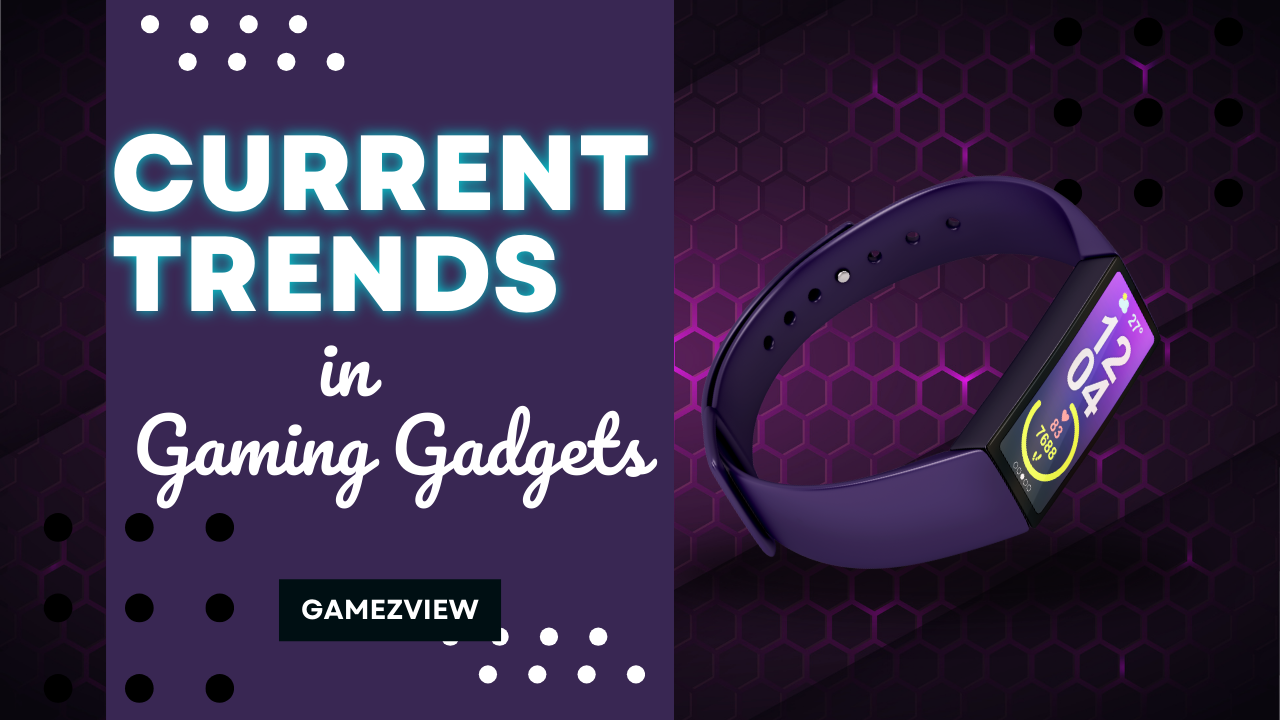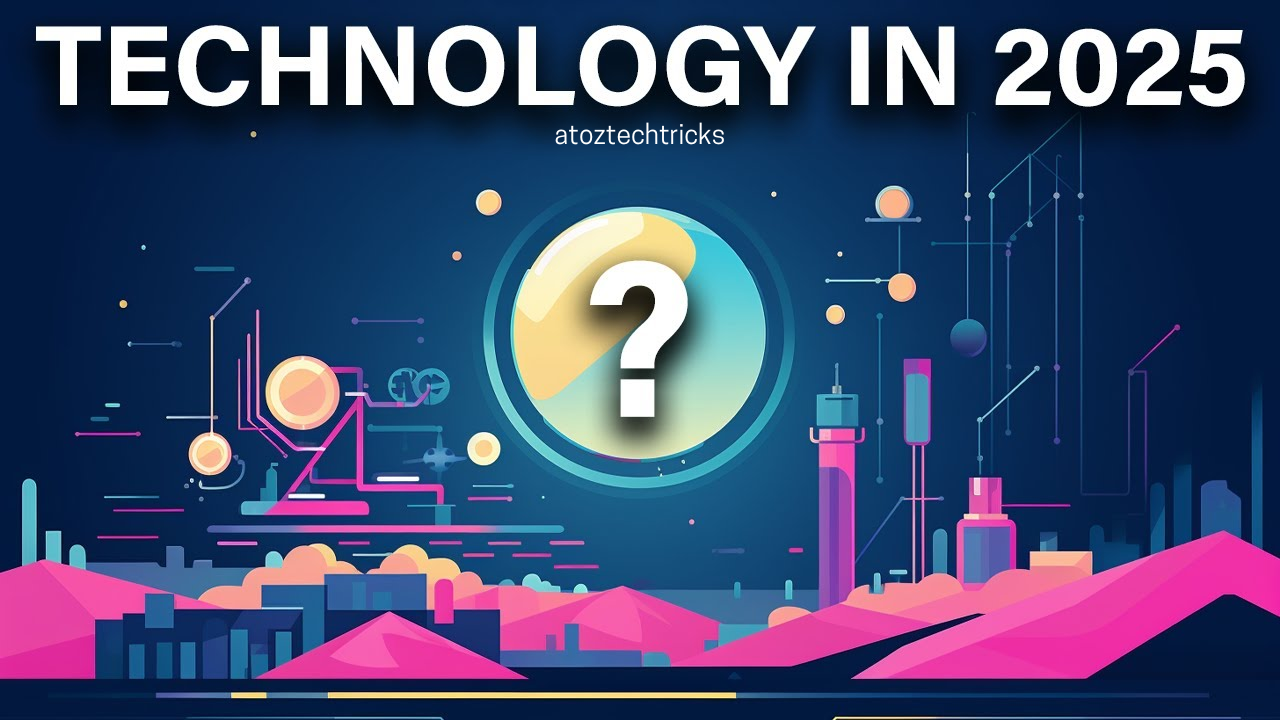The gaming industry has seen explosive growth over the past few decades, becoming a central part of entertainment culture worldwide. Gaming gadgets, ranging from sophisticated consoles to cutting-edge virtual reality headsets, play a crucial role in enhancing the gaming experience. This article explores the latest trends in gaming gadgets, examining their evolution, types, technical specifications, applications, benefits, and prospects.
Historical Context
Evolution of Gaming Gadgets
The journey of gaming gadgets began with simple devices like the Atari 2600 and has evolved into the advanced, multifunctional gadgets we see today. Milestones such as the introduction of the Nintendo Entertainment System (NES), the emergence of the PlayStation and Xbox, and the advent of VR technology have significantly shaped the landscape of gaming gadgets.
Milestones in Gaming Technology
- Atari 2600 (1977): Popularized home video game consoles.
- Nintendo Entertainment System (1983): Revolutionized home gaming with iconic titles.
- PlayStation (1994): Introduced 3D graphics and CD-based games.
- Xbox (2001): Brought online gaming to the forefront.
- Oculus Rift (2016): Pioneered consumer-grade virtual reality gaming.
Types of Gaming Gadgets
Gaming Consoles
Gaming consoles remain a cornerstone of the gaming industry. Major brands such as PlayStation, Xbox, and Nintendo offer unique features and extensive game libraries.
Major Brands
- PlayStation: Known for its powerful hardware and exclusive titles.
- Xbox: Features robust online services and backward compatibility.
- Nintendo: Offers innovative gameplay experiences and family-friendly content.
Features and Specifications
- PlayStation 5: 8-core AMD Zen 2 processor, 16GB GDDR6 RAM, custom SSD.
- Xbox Series X: 12 teraflop GPU, 16GB GDDR6 RAM, 1TB SSD.
- Nintendo Switch: Hybrid console with portable and docked modes, custom NVIDIA Tegra processor.
PC Gaming Peripherals
PC gaming peripherals are essential for a customizable and high-performance gaming setup.
Keyboards
- Mechanical Keyboards: Preferred for their tactile feedback and durability.
- Membrane Keyboards: Quieter and more affordable.
Mice
- Gaming Mice: High DPI sensors, customizable buttons, and ergonomic designs.
Monitors
- High Refresh Rate Monitors: 144Hz and above for smooth gameplay.
- 4K Monitors: Ultra-high-definition visuals for immersive experiences.
Headsets
- Surround Sound Headsets: Enhance spatial awareness in games.
- Noise-Canceling Headsets: Provide an immersive audio experience by blocking external noise.
VR and AR Devices
Virtual Reality (VR) and Augmented Reality (AR) are at the forefront of immersive gaming technology.
Popular VR Headsets
- Oculus Rift S: Known for its high-resolution display and comfort.
- HTC Vive: Offers room-scale VR experiences with precise tracking.
AR Gaming Gadgets
- Microsoft HoloLens: Integrates AR into gaming and professional applications.
- Magic Leap: Focuses on creating interactive, spatial computing experiences.
Mobile Gaming Accessories
Mobile gaming has surged in popularity, leading to a demand for accessories that enhance the experience.
Controllers
- Bluetooth Controllers: Provide console-like control for mobile games.
- Attachable Controllers: Convert smartphones into handheld gaming consoles.
Cooling Fans
- External Fans: Prevent overheating during extended gaming sessions.
Battery Packs
- Portable Chargers: Ensure uninterrupted gaming on the go.
Technical Specifications
Hardware Components
Gaming gadgets rely on advanced hardware to deliver top-notch performance.
Processors
- AMD Ryzen and Intel Core: Powering high-performance gaming PCs and consoles.
- ARM Processors: Efficient and powerful for mobile gaming devices.
Graphics Cards
- NVIDIA GeForce RTX: Known for ray tracing and AI-enhanced graphics.
- AMD Radeon RX: Provides excellent performance at competitive prices.
RAM
- DDR4 and DDR5: Faster memory speeds improve game load times and performance.
Storage
- SSD vs. HDD: SSDs offer faster load times and better reliability.
Software Integration
Operating Systems
- Windows 10/11: Widely used in PC gaming.
- Custom OS: Found in consoles like PlayStation’s Orbis OS and Xbox’s Hyper-V.
Gaming Platforms
- Steam: The leading digital distribution platform for PC gaming.
- Epic Games Store: Known for exclusive titles and free game offerings.
Applications
Gaming gadgets have diverse applications beyond mere entertainment.
Home Entertainment
Consoles and PCs serve as all-in-one entertainment hubs, supporting streaming, music, and more.
Professional Gaming (eSports)
High-performance gadgets are essential for competitive gaming, providing the speed and accuracy needed for professional play.
Educational Purposes
Games and gadgets are increasingly used in educational settings to create interactive and engaging learning experiences.
Therapeutic Uses
VR and AR gadgets are being used in therapy to treat conditions such as PTSD and phobias, offering immersive and controlled environments for patients.
Benefits
Enhanced Gaming Experience
Advanced gadgets provide realistic graphics, immersive sound, and responsive controls, making gaming more enjoyable.
Improved Performance and Responsiveness
High-end hardware ensures smooth gameplay with minimal lag, crucial for both casual and competitive gamers.
Increased Immersion
VR and AR technologies create lifelike environments that fully engage players, enhancing the sense of presence in the game world.
Accessibility for Diverse Gamers
Adaptive controllers and customizable settings make gaming more accessible to players with disabilities.
Challenges and Limitations
High Costs
Top-tier gaming gadgets often come with hefty price tags, making them inaccessible to some gamers.
Compatibility Issues
Not all gadgets are compatible with each other or with certain games, leading to potential frustration.
Technological Obsolescence
Rapid advancements in technology mean that gadgets can quickly become outdated, requiring frequent upgrades.
Physical Health Concerns
Extended use of gaming gadgets can lead to physical health issues such as eye strain, repetitive strain injuries, and poor posture.
Latest Innovations
AI and Machine Learning Integration
AI is being used to create smarter NPCs, optimize game performance, and offer personalized gaming experiences.
Cloud Gaming Services
Services like Google Stadia and NVIDIA GeForce Now allow gamers to stream games without needing powerful local hardware.
Advanced Haptics and Feedback Systems
New haptic feedback technologies provide more realistic sensations, enhancing immersion.
Cross-Platform Compatibility
Increasingly, games and gadgets are designed to work seamlessly across different platforms, making it easier for players to enjoy their favourite games.
Future Prospects
Predictions for the Next Decade
Expectations include further integration of AI, more immersive VR and AR experiences, and advancements in cloud gaming technology. Additionally, the rise of 5G networks is anticipated to enable seamless streaming of high-quality games on various devices, further blurring the lines between traditional gaming platforms.
Potential Impact of 5G and Advanced Internet Infrastructure
The widespread adoption of 5G networks promises to revolutionize gaming by significantly reducing latency and enabling real-time multiplayer experiences on a global scale. This could lead to the proliferation of cloud-based gaming services and a shift towards mobile gaming as the primary gaming platform for many users.
Emerging Technologies
Exciting developments in emerging technologies such as neural interfaces and biofeedback systems hold the potential to completely transform the gaming experience. Neural interfaces could allow players to control games using their thoughts, while biofeedback systems could monitor physiological responses to adjust gameplay dynamically.
Comparative Analysis
Console vs. PC Gaming
Console gaming offers simplicity and convenience, while PC gaming provides greater customization and performance. The choice between the two ultimately depends on the preferences and priorities of the individual gamer.
VR vs. Traditional Gaming
VR gaming offers unparalleled immersion but requires expensive hardware and may not be suitable for all types of games. Traditional gaming, on the other hand, remains accessible to a wider audience and offers a diverse range of experiences.
Mobile vs. Stationary Gaming Setups
Mobile gaming provides flexibility and portability but may lack the processing power of stationary setups. Stationary setups offer superior performance and are ideal for immersive gaming experiences but lack the mobility of mobile devices.
User Guides and Tutorials
Setting Up a Gaming Console
- Connect the console to a power source and TV.
- Follow on-screen instructions to set up the console’s initial settings.
- Create or sign in to a gaming account.
- Insert game discs or download games from the online store.
Optimizing PC Settings for Gaming
- Update graphics card drivers for optimal performance.
- Adjust graphics settings in-game to balance performance and visual quality.
- Install gaming optimization software to streamline system resources.
- Consider overclocking hardware for increased performance, if comfortable with advanced settings.
VR Headset Setup and Maintenance
- Follow manufacturer instructions for setting up the VR headset and sensors.
- Ensure adequate space for room-scale VR experiences.
- Clean the headset lenses regularly with a microfiber cloth.
- Store the headset in a cool, dry place when not in use to prevent damage.
Mobile Gaming Setup Tips
- Use a controller for a more comfortable gaming experience.
- Invest in a high-quality gaming phone with a fast processor and ample RAM.
- Optimize battery settings to prolong gaming sessions.
- Consider using a cooling fan attachment to prevent overheating during intense gameplay.
Gaming gadgets continue to push the boundaries of technology, offering immersive experiences and endless entertainment possibilities. From consoles and PCs to VR headsets and mobile accessories, the gaming ecosystem is thriving with innovation. As we look towards the future, advancements in AI, 5G, and emerging technologies promise to reshape the gaming landscape in ways we can only imagine.



